Petrochemical Biochemicals CrudeOil 05-01-2021 - Arhive
Petrochemical Biochemicals CrudeOil
Crude Oil Prices Trend

-Plastics Value Chain leading the way towards zero pellet loss
Collaboration agreement on first ever European OCS certification scheme signed – Unintentional loss of plastic pellets can occur at all stages along the value chain despite the application of the current standard environmental, safety and quality management controls.
The “Operation Clean Sweep®” (OCS) programme was developed to help companies tackle pellet leakage by providing a series of key recommendations.
Today, two major actors of the European plastics value chain signed a collaboration agreement to jointly develop a certification system by 2022 aimed at controlling pellet loss across the plastic supply chain.
All signatory companies of the scheme will be audited regularly by accredited third parties to establish their compliance with OCS requirements. It will also support the effective, harmonised and quantifiable implementation of the programme.
“I am proud to be part of this major step forwards by the industry and its ongoing commitment to tackling plastic pollution.
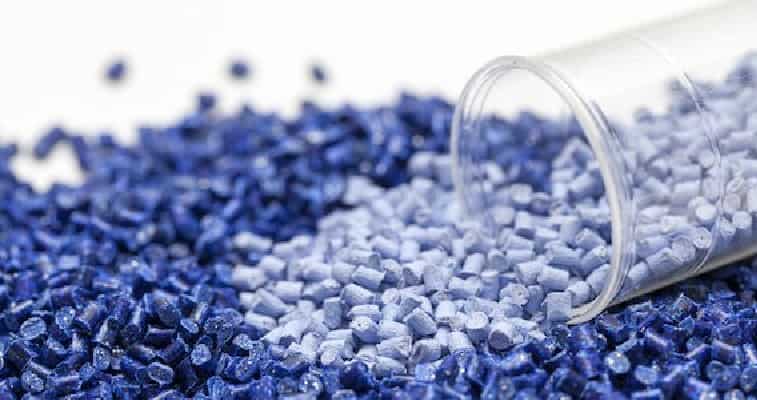
The EU Circular Plastics Alliance (CPA) is a collective endeavour aimed at taking actions to boost the EU market for recycled plastics to 10 million tonnes by 2025, a target set by the European Commission in its 2018 Plastics Strategy.
VinylPlus has committed to recycling 900,000 tonnes of PVC per year into new products by 2025 and at least one million tonnes by 2030. Petrochemical Biochemicals CrudeOil
More than 215 organisations – representing industry, academia and public authorities and covering the whole plastics value chain and interested stakeholders – have to date signed the declaration of the Circular Plastics Alliance, which was officially launched in September 2019. These organisations included VinylPlus, several of its partners and PVC sectoral associations.
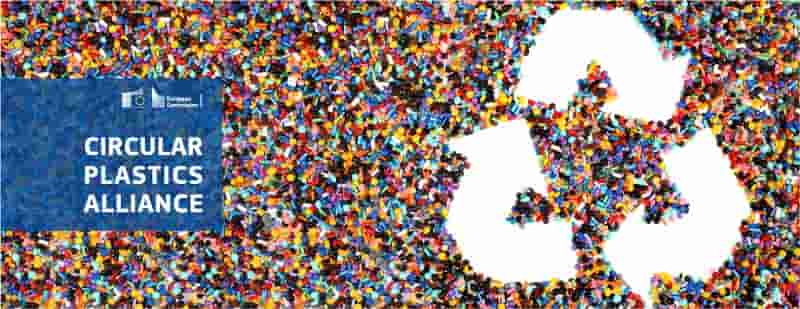
-INEOS completes the acquisition of BP’s global Aromatics & Acetyls business
- The acquisition consists of 15 sites across the world (5 in the Americas, 2 in Europe and 8 in Asia) as well as 10 leading joint ventures
- INEOS has acquired a range of world class assets and an experienced team of people.
- Sir Jim Ratcliffe, founder and chairman of INEOS says, “We are delighted to have been able to acquire these top-class businesses from BP, extending our position in global petrochemicals and providing good scope for expansion and integration with our existing business.” Petrochemical Biochemicals CrudeOil
INEOS, one of the world’s largest manufacturing companies, has today completed the purchase of the global Aromatics and Acetyls businesses from BP for a consideration of $5 billion.
INEOS is already one of the world’s leading petrochemical companies and this acquisition will extend both the portfolio and the geographic reach of the business. The businesses will be known as INEOS Acetyls and INEOS Aromatics.
INEOS Aromatics is a global leader in PTA (Purified Terephthalic Acid) and PX (Paraxylene) technology with 6 sites and supplies the global polyester business which includes polyester fibre, film and PET packaging.
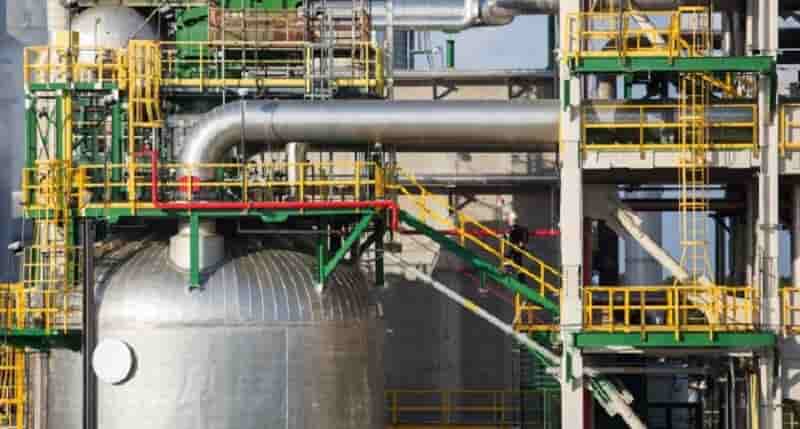
-Tesco removes one billion pieces of plastic packaging
In 2019, Tesco pledged to remove one billion pieces of plastic packaging from its UK business by the end of 2020. The UK’s biggest supermarket has now revealed it has met the lofty target by working closely with suppliers and own-brand design teams.
Tesco has a long-standing partnership with WWF to help drive progress towards key sustainability targets Petrochemical Biochemicals CrudeOil
Tesco set the target as part of its broader plastics strategy, which centres around the ‘4 Rs’ – removal, reduction, reuse and recycling. The retailer is in the process of assessing all of its plastic packaging formats and changing them in line with this hierarchy.
Shortly after announcing the billion pieces of plastic goal, Tesco confirmed that it would remove plastic wrapping from its most popular tinned multipacks like chopped tomatoes and baked beans. It also worked with third-party brands including Heinz to remove the same packaging. In total, 67 million pieces of plastic wrapping have been removed through these initiatives.
A further 44 million pieces of plastic were tackled by removing plastic covers from greeting cards, in partnership with Hallmark, and some 122 million by phasing out secondary lids where possible. On the latter, Tesco’s own-brand baby wipes, salads and pots of cream now have just one lid.
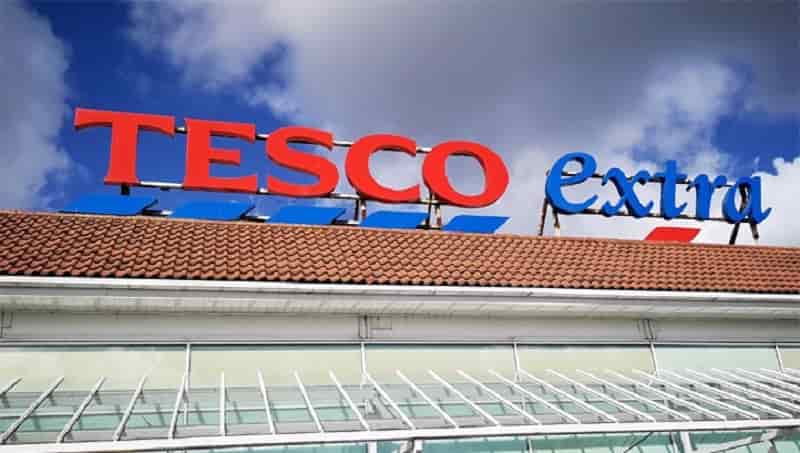
-Supplier offers carbon-free black masterbatch for NIR sorting of rigid packaging
German plastics pigment producer Karl Finke (Wuppertal; www.finke-colors.eu) says it has developed a range of detectable black masterbatches for standard packaging plastics such as HDPE, polypropylene, polystyrene and PET. A concentration of 5% of the carbon-free “Fibaplast” NIR additive in a product enables near-infrared spectroscopy (NIR) technology used by recyclers to sort and separate plastics to “reliably detect” the waste plastic packaging. Petrochemical Biochemicals CrudeOil
NIR technology has difficulty detecting material coloured with carbon black because the element absorbs much of the infrared radiation. This renders the plastic virtually invisible to such systems, raising the difficulty of separating different polymers into the correct streams. Following successful trials with leading sorting-machine manufacturers,
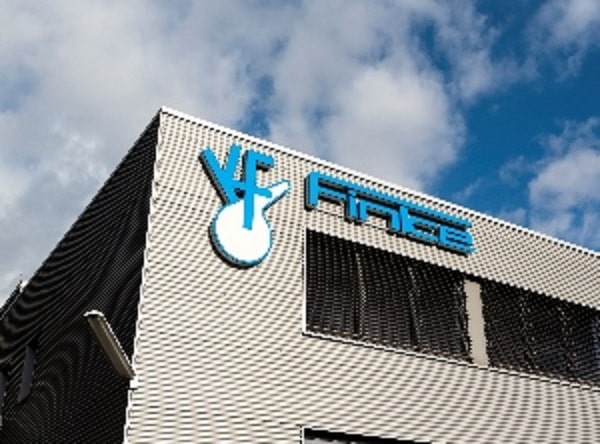
-Viewpoint: US toluene, MX facing derivative challenges
Increased global supplies of aromatics derivatives in Asia could curb chemical demand for US toluene and mixed xylenes (MX) in 2021.
US MX demand from the paraxylene (PX) sector is expected to remain limited on ample global supply, particularly following capacity expansions in Asia since the start of 2019. Since the start of 2019, more than 2mn t/yr of PX capacity has come online or reached commercial status in Asia. Petrochemical Biochemicals CrudeOil
Increased PX production in Asia has pulled down global PX prices, particularly in the US, as Asian producers are able to export PX and derivatives to the US East Coast, often at a cost advantage to US Gulf PX producers. Since peaking in November 2018, the US PX contract has fallen to 31.75¢/lb from 65.5¢/lb.
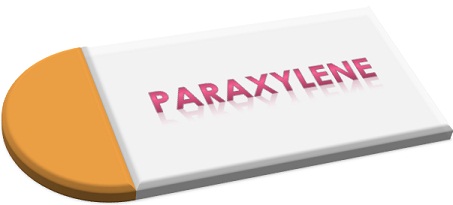
Neste focuses on efficient utilization of raw materials from waste and residue streams to reduce fossil oil dependency and related climate emissions, as well as to accelerate circularity.
Liquefied waste plastic provides our traditional crude oil refineries and opportunity to replace crude oil use with more sustainable alternatives. Besides already producing over 3 million tons of renewable products from various bio-based raw materials annually at our renewables refineries, we are working towards replacing crude oil use with over 2 million tons of alternative renewable and recycled raw materials at our traditional oil refineries by 2030. Our aim is to have liquefied waste plastic to account for over 1 million tons of this annually. Petrochemical Biochemicals CrudeOil
We focus on post-consumer plastic waste, e.g. colored, multimaterial, multilayer packaging waste that currently cannot be recycled mechanically.

-REMOTE COMMISSIONING: THE CASE STUDY FAE, BANDERA AND SIEMENS
In recent times, due to the Covid19 pandemic, we have often heard people talking about social distancing to indicate the necessity to keep a safe distance between people in order to prevent contagion.
However, the choice of these terms intails also the perception of an isolation, on a personal and corporate level, from which we dissociate ourselves.
If we choose to look at the new global situation with a propositional attitude, perspectives will change. That is what happened in the virtuous example that follows in which, also thanks to the collaboration among partners with a mindset projected into the future like FAE (Siemens Solution Partner, Industrial Automation and System Integrator), Costruzioni Meccaniche Luigi Bandera (Blown&Flat Die Extrusion lines, Pellettizing and Recycling) and Siemens, it was possible not only to complete delivery, installation and start-up of a plant for the extrusion of recycled plastic material on time, but it was also possible to implement new methods to do it. Easier, more performing, cheaper, in line with the current orientation of the Confindustria’s DIH Lombardia, with which FAE made the assessment to evaluate its own digital maturity. Petrochemical Biochemicals CrudeOil
-Danish startup Cellugy nabs €2.38 million to make eco-friendly packaging from surplus sugars
Cellugy, the Danish-based biotech startup replacing single-use plastics with 100% natural bio-cellulose, announces the securement of €2.38 million in seed round funding from the European Innovation Council Accelerator Pilot Phase 2.
The company, which was founded in 2018 by Isabel Álvarez-Martos, Deby Fapyane, and Paruntungan Sihombing, has been developing a biomaterial to sustainably replace fossil-based plastic in the packaging industry. Petrochemical Biochemicals CrudeOil
“The world produces approximately 360 million tons of plastic every year, and almost 40% is single-use,” explains Álvarez-Martos. “In Denmark specifically, 40 kg of plastic waste per person is produced each year which ends up directly in the environment. We created a company to contribute to the solution to such a problem.”

-REFUCOAT develops hygienic recyclable food packaging
The European REFUCOAT Project has developed sustainable active packaging solutions to address the challenge set by the European Union for 2030 by researching packaging solutions that could positively impact the reduction of food waste.
Specifically, innovative, efficient bioplastic production processes were developed to package food using renewable materials that are also recyclable and could replace conventional fossil fuel-based materials. These bioplastics include polyhydroxyalkanoate (PHA) and polyglycolide (PGA), which were used to develop three different bio-based active packaging systems, specifically designed to package fresh chicken meat, cereals and snacks. Petrochemical Biochemicals CrudeOil
One of project’s innovations was the formulation of bacteriophage-based coatings that considerably reduce the proliferation of Salmonella bacteria in chicken breast samples packaged in a modified atmosphere.
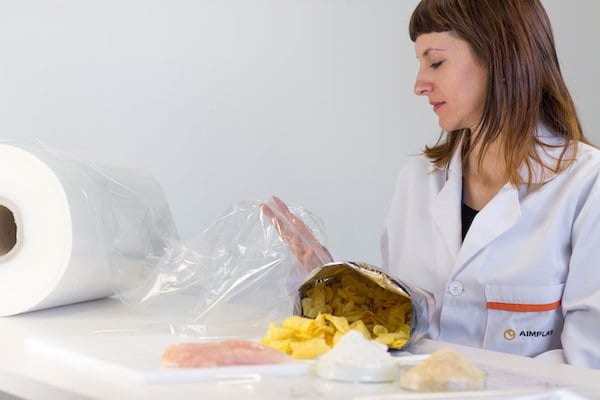
Petrochemical Biochemicals CrudeOil
